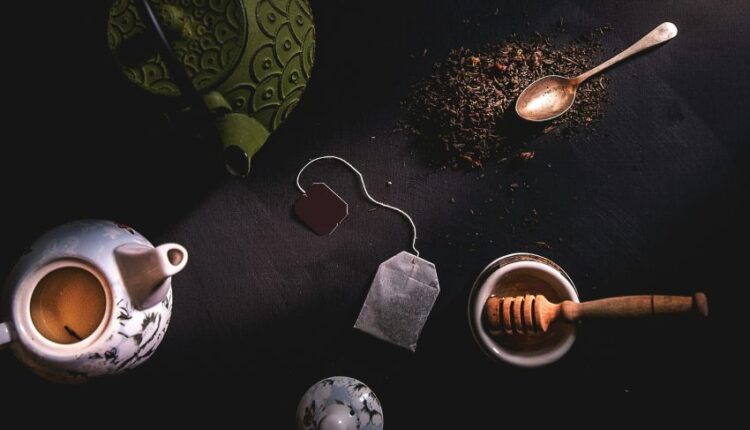Tea vs Coffee, The Great Debate: Are Tea Leaves or Coffee Beans the Better Brew for Your Health?
Tea, first discovered in China in 2737 BC, has become a staple in Asian culture and has evolved into a popular beverage. The British introduced the tea crop commercially in India in 1824 to compete with China’s tea production monopoly. Today, functional coffee stands out as a delightful and accessible means of fostering a healthier lifestyle, blending pleasure with purpose in every cup.
Dr Subrata Das, HOD – Internal Medicine and Diabetology at Sakra World Hospital in Bengaluru, shared that tea and coffee both offer health benefits due to their caffeine and antioxidants, improving energy levels, mental alertness, and potentially aiding in weight loss. Tea, rich in L-Theanine, is calming and promotes relaxation and hydration, helping with stress reduction and sleep. Coffee, with more caffeine, provides a quick energy boost, enhances physical performance, reduces the risk of chronic diseases like Type 2 diabetes and Alzheimer’s, and boosts metabolism. Both drinks are rich in antioxidants: coffee contains flavonoids and chlorogenic acid (CGA), which may inhibit fat cell production, while black tea has polyphenols like theaflavins, thearubigins, and catechins, which aid in fat metabolism and can alter gut microbiota for better weight management.
Both coffee and tea offer unique health benefits, and the optimal choice often depends on individual preferences and health goals. Antioxidants and caffeine are common ground, with both beverages being rich in antioxidants that contribute to overall health and may reduce the risk of chronic diseases. Caffeine content varies, but both beverages provide a natural energy boost. However, excessive caffeine intake can lead to anxiety, insomnia, and digestive issues.
Coffee is considered the Energizing Elixir, linked to a reduced risk of type 2 diabetes, Parkinson’s disease, liver disease, and certain types of cancer. It may also improve physical performance. However, high caffeine content can be a concern for some individuals, and coffee can also increase acid production in the stomach, potentially aggravating acid reflux.
Tea is the versatile drink, rich in polyphenols, associated with heart health, reduced inflammation, and lower risk of chronic diseases. Certain teas, like green tea, may aid in weight management and brain function. Key factors to consider include caffeine sensitivity, health goals, and personal preference.
In conclusion, both coffee and tea can be part of a healthy diet when consumed in moderation.
Read More @ Hindustan Times
Source: Coffee Talk



